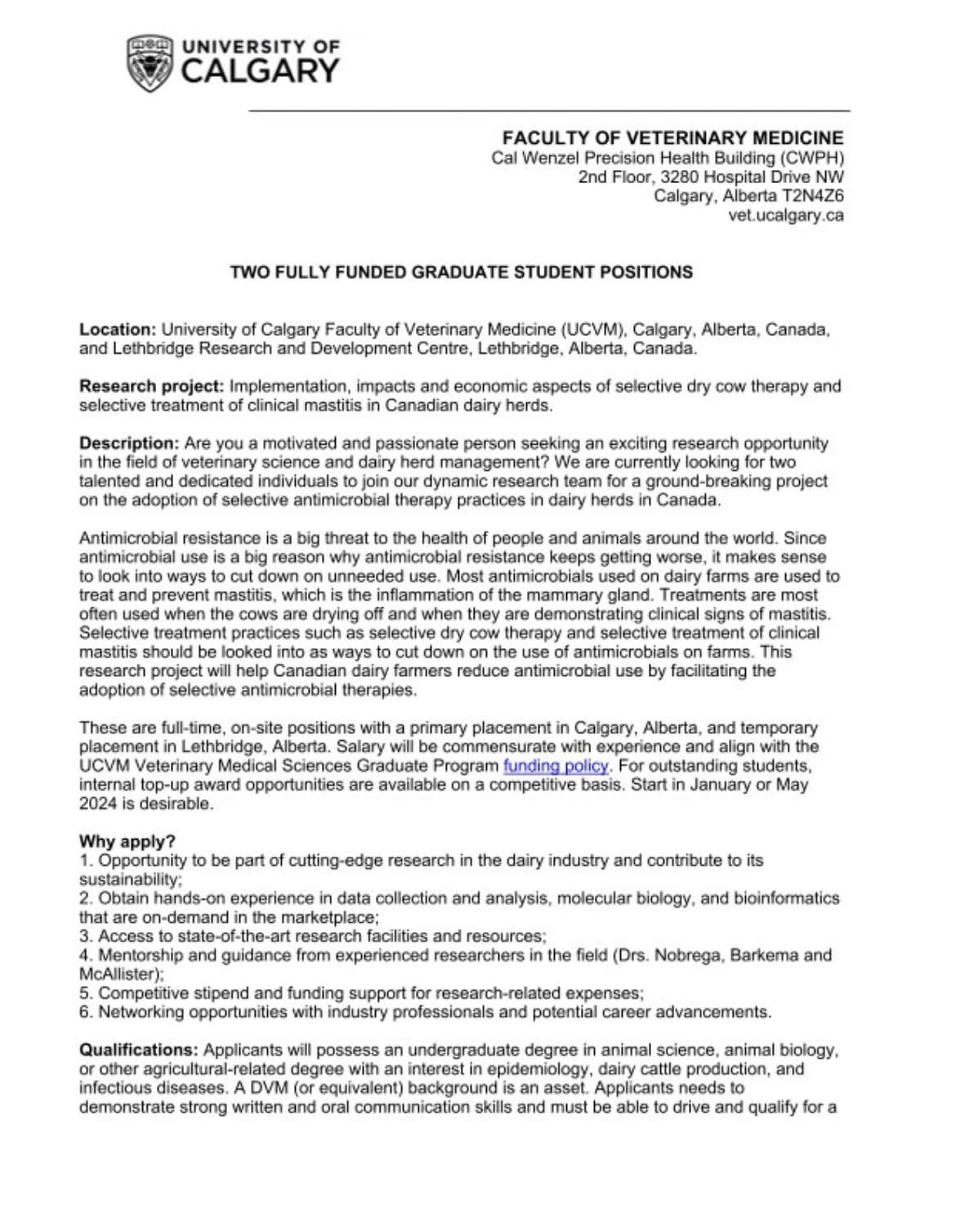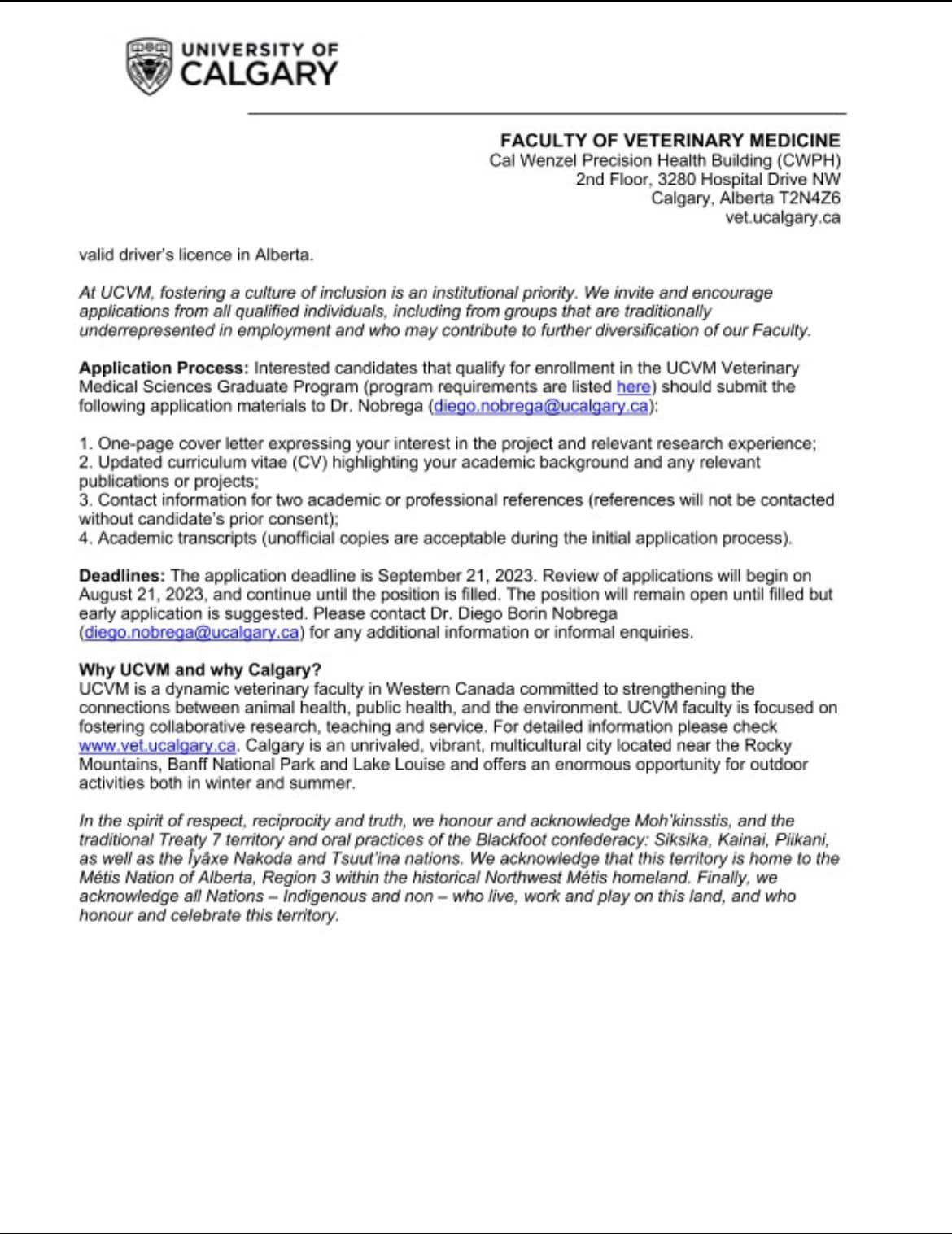The Department of superposition Electronic Engineering at Maynooth
University is pleased to announce that 1 Research Masters studentship is
available with the start date of October 2023 in the area of hyperspectral
imaging for biomedical applications using spectroscopy and machine learning
|
Open
position
|
1 Research
Masters Studentship in Hyperspectral Imaging
|
|
Location
|
Department
of Electronic Engineering, Maynooth University
|
|
Duration
|
2 Years
|
|
Funding /
Stipend
|
The
position is funded for 2 years, including a monthly stipend and a travel
budget to present at international conferences, workshops and seminars. The
studentship will cover fees and a stipend of € 18,500 per annum.
|
|
Contact
|
Dr Bryan Hennelly
(bryan.hennelly@mu.ie)
|
|
Closing/Start
Date
|
Aug 18th
2023/Oct 1st 2023
|
|
Extension
to PhD
|
Depending
on performance, funding can be sought to extend to a full 4- year PhD
|
Key technology
Hyperspectral
imaging using coherent Raman spectroscopy (CRS) is an advanced imaging
technique that combines the principles of Raman spectroscopy and imaging. It
allows for label-free, non-destructive, and high-resolution imaging of
biological samples where the image can be tuned to visualise different
chemicals in the tissue post-recording. In CRS-based hyperspectral imaging, two
laser beams with different frequencies are used to excite molecular vibrations
in the sample. The interaction be tween the laser light and the sample
generates coherent Raman scattering signals, which provide molecular-specific
information about the sample, allowing researchers to visualize and analyse its
chemical composition and spatial distribution.
Why is this technology important?
Hyperspectral
imaging using CRS enables the visualization and characterization of specific
molecules and their distributions within tissues or cells. It has the potential
to revolutionise our insights into various biological processes, such as cell
metabolism, tissue morphology, and disease progression. Hyperspectral imaging
can differentiate between healthy and diseased tissues and can assist in detailed
tissue analysis and pathology by providing information on cellular structures,
chemical composition, and molecular changes associated with diseases. In
surgical procedures, hyperspectral imaging can serve as a real-time imaging
tool to guide surgeons by identifying tumour margins, distinguishing between
healthy and diseased tissues, and optimizing the extent of tissue resection. Hyperspectral
imaging using CRS can be valuable in drug discovery and development processes
enabling researchers to study drug-target interactions, monitor drug delivery
and distribution, and assess therapeutic efficacy at a molecular level.
General Research Theme of the Research
Masters Project
The student will work on an exciting project
involving a recently built laser system that performs hyperspectral imaging of
tissue samples with unprecedented spectral resolution and fast capture rate.
The student will be required to work closely with other team members
responsible for building/maintaining/and using this system. The student will also
become proficient in using and maintaining this system and will be required to
learn about aspects of nonlinear optics and optical engineering including the
use of opto-electronic instrumentation. The student will also be required to
work closely with members of the biology department who will prepare and mount
samples for imaging, and may be required to engage with the preparation of the
samples. The student will need also need to communicate effectively with the
biology staff as we seek to interpret the hyperspectral images that are captured.
The main work of the masters student will be in the area of data capture and
processing. The raw data will be heavily processed in order to produce images
that are visually interpretable to the biologist. This process will require the
student to become proficient in programming in python to work on aspects of
machine learning as well statistical modelling. Overall the student will be
exposed to aspects of biology, statistics, programming, machine learning,
photonics and optical engineering.
Research Masters Studentship
The position is funded for 2 years, including a monthly stipend and a
travel budget to present the research outputs at international conferences,
workshops and seminars. The studentship will cover fees and a stipend of € 18,500
per annum. The successful candidate will be enrolled on
the Research Masters programme in the Department of Electronic Engineering at
Maynooth University. The successful candidate will write their thesis
supervised by Dr Bryan Hennelly, as well as a second supervisor from the
Department of Chemistry, for the entire duration of their programme. The
successful candidate will be an integral part of the overall research programme
that Dr Hennelly is leading around the topic of biomedical microscopy and
spectroscopy. The successful candidate will be prepared to work with Dr
Hennelly’s network of collaborators who are among the leading scholars working
on state of the art technologies in biology, imaging, spectroscopy, and
mathematics.
Duties and Responsibilities
1.
Undertake postgraduate research
in the area of agreed research project.
2.
Work closely with the academic
supervisors to ensure that the progress of the individual project is in line
with the objectives of Dr Hennelly’s research programme.
3.
Work effectively within a
multidisciplinary environment that includes, physicists, engineers, chemists,
biologists and mathematicians.
4.
Attend and participate in all
training events and supervisory meetings.
5.
Prepare progress reports.
6.
Present and publish research
outputs to both academic and non-academic audiences.
7.
Attend and participate in
academic and non-academic conferences, events and seminars.
8.
Contribute to teaching/training
of undergraduate and postgraduate project students working with Dr. Hennelly’s
group.
As the
description of the duties and responsibilities cannot be exhaustive, it is
worth mentioning that the student may be required to undertake other duties
that are broadly in line with the objectives of their research projects.
Qualifications, Expected Skills and Competencies
1.
Applicants
must hold at least a first or upper second-class honours Bachelor’s or Master’s
degree in Engineering, Computer Science, or a related discipline.
2.
Strong
mathematical, analytical and programming skills. Any experience in Python or
deep learning would be desirable but is not required.
3.
An aptitude
for machine learning.
4.
Any
experience in PCA/LDA or similar multivariate statistical classification tools
would be beneficial but not essential.
5.
Highly proficient English
language skills.
6.
Excellent written and verbal
communication, including presentation skills.
7.
Excellent organisational
skills, attention to detail and the ability to meet deadlines.
8.
Ability to think logically,
create solutions and make informed decisions.
9.
Willingness to work
collaboratively in a research environment.
10. A strong commitment to their own continuous professional
development.
11. The main thing we are looking for is someone who likes solving
problems and likes maths.
Application Process / Additional
Information
Applications
must be sent by e-mail to Dr Bryan Hennelly (bryan.hennelly@mu.ie). Early applications are strongly encouraged.
Applications should include:
1.
A cover
letter explaining the applicant’s motivation and interest in the project topic.
Any relevant background and/or experience needs to be mentioned.
2.
A
Curriculum Vitae that includes the applicant’s educational qualifications and
any scientific publications and achievements.
3.
Academic
transcripts.
4.
Two
academic references.
Informal
enquiries concerning the advertised position, accompanied with the CV and a
motivation letter, can be made to Dr Bryan Hennelly (bryan.hennelly@mu.ie).
Applications
will close at 5pm (GMT) Aug 18th,
2023. The received applications will be analysed after the application
deadline, and the shortlisted candidates will be invited to a Skype interview.










_%20These%20programmes%20teach%20t.jpeg)






















